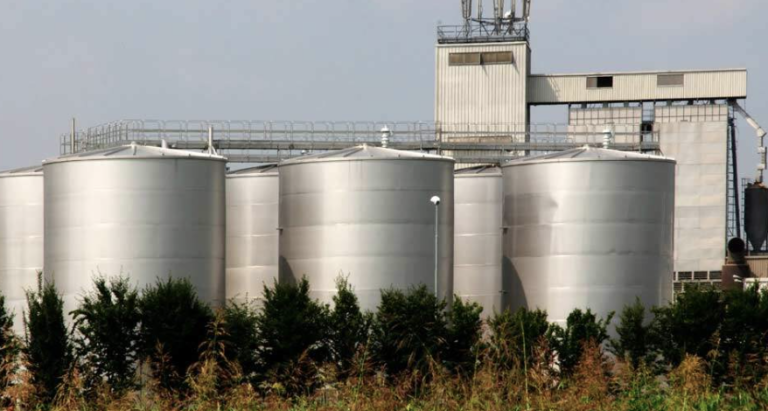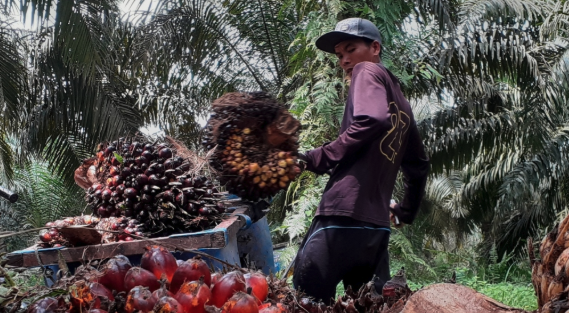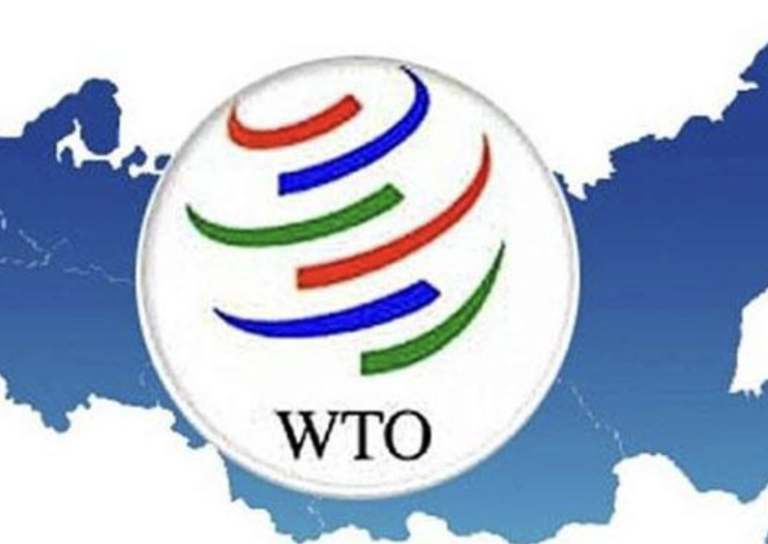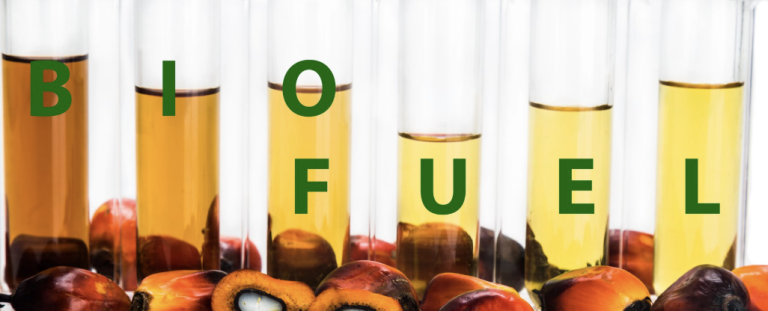
September 8, 2025
Cosmo Oil announced on September 5 that it will launch a ship-to-ship (STS) biofuel bunkering project at Tokyo Port this fall in partnership with…

September 7, 2025
China’s decision to extend anti-dumping measures on Canadian canola until March 2026 has intensified pressure on Canada’s agriculture sector. In response, Prime Minister Mark…

September 5, 2025
The White House is reviewing a draft rule that could reshape the Renewable Fuel Standard by deciding whether to reallocate biofuel blending volumes recently…

September 4, 2025
The U.S. Energy Information Administration (EIA) reported that imports of biodiesel and renewable diesel are set to fall to their lowest levels in more…

August 26, 2025
On August 22, the UK Trade Remedies Authority (TRA) published the Statement of Essential Facts (SEF) for its anti-dumping investigation into biodiesel imports from…

August 26, 2025
The European Waste-based and Advanced Biofuels Association (EWABA) is pushing for the rapid adoption of the Union Database (UDB) to ensure the sustainability and…

August 25, 2025
Indonesia has stepped up pressure on the European Union to immediately remove countervailing duties on biodiesel imports, following a World Trade Organization (WTO) ruling…

August 23, 2025
The World Trade Organization (WTO) has issued a ruling that supports Indonesia in its dispute with the European Union (EU) over countervailing duties on…

August 19, 2025
Lloyd’s Register’s latest FOBAS Fuel Insights report finds that despite growing fuel diversity and tighter environmental regulations, global marine fuel quality remained resilient in…

August 12, 2025
Indonesia will proceed with its plan to raise the palm oil content in biodiesel to 50% (B50), but the rollout is unlikely to begin…





